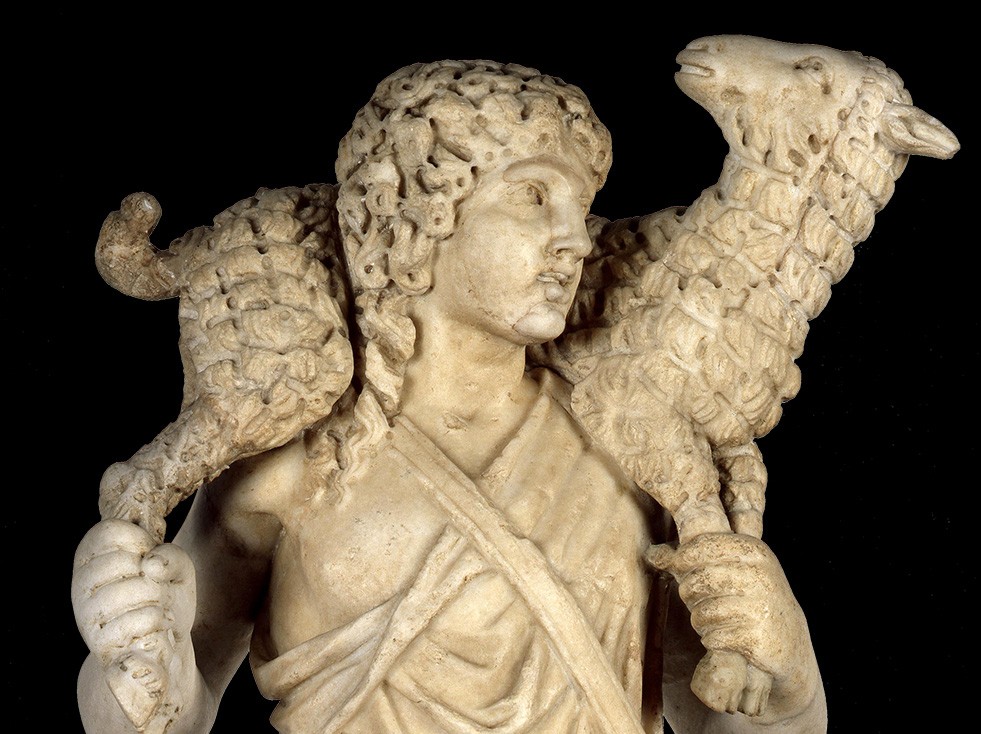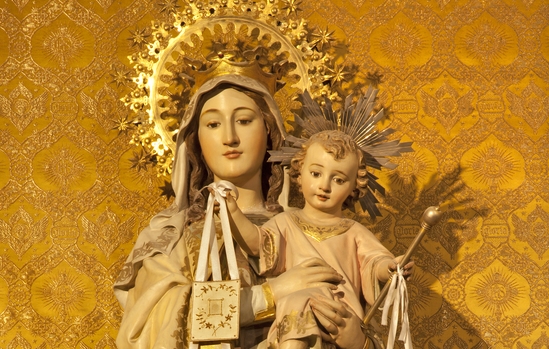image source: PardeevilleWatermelonFestival.com
We all have our private metrics by which we determine the rate at which Western Civilization is declining, civil society deracinating and withering, and the world generally going to hell in a hand basket. I know this because there are curmudgeons in our midst (to be carefully distinguished from gorillas in the mist) who keep me informed. For some, the slide down into a well deserved cultural oblivion can be measured by the number of grammatical errors in The Post and Courier, for others in the sartorial standards of "kids today," and for still others (and you know who you are) in the ratio of video screens to hymnals and prayer books in Episcopal parishes.
Though not so curmudgeonly as some, I, too, try to read the signs of the times, and there is one sign I pay particular attention to each summer and which, I regret to report, bodes ill for truth, justice, and my way. I refer to the price of watermelons: $5.99 apiece this week at the Piggly Wiggly. Who ever heard of a six dollar watermelon? Six dollars! And not only are these melons exorbitantly priced, they are defective. They are "seedless." Leaving aside the botanical perversity of a fruit without seeds (cf. Gn 1.11), one of the great pleasures of watermelon eating is spitting the seeds over the porch rail or, perhaps, at one's sister, with points awarded for distance and accuracy.
image source: whataboutwatermelon.com
And I'm afraid things are much worse than even a contrary-to-the-Divine-intent six dollar seedless watermelon would indicate. Because there, in a bin just next to the contrary-to-the-Divine-intent six dollar seedless watermelons, are, I kid you not, "personal watermelons," also without seeds. This is a small cultivar, about the size of an anemic cantaloupe, intended for consumption by one.
The personal watermelon is a signpost on the way to a particularly modern kind of hell - albeit, like Eve's apple, a delicious one.
Enabled by the incredible potencies of digital technology and urged on by marketing marksmen, we live in an age of ever-increasing personalization and, inevitably, privatization.
This past spring, I happened to be driving late one afternoon down Calhoun Street past the MUSC bus stop. There must have been 25 or 30 people waiting on the bus, sitting along the low wall, and all of them – every single one of them – were hunched over, staring at the small screens of their smartphones, most with earphones. Here were people who worked in the same locale (if not actually together), who apparently lived in the same part of town, who at least had certain transportation needs or priorities in common, yet were not sharing stories, asking after one another's children, or making plans to get a beer together. They were 30 people together, but altogether alone, though their personal tastes – in music, in news, in reading – were being meticulously catered to through the magic of digital technology.
It is an isolating dynamic to which we middle class Americans, raised to be consumers, are particularly liable. In 2005, the sociologists Christian Smith and Melinda Lundquist published Soul Searching: the Spiritual Lives of American Teenagers (Oxford University Press), in which they famously described the religion of young people (which they learn from their parents and in their churches) as "Moral Therapeutic Deism." They described this religion's god as,
"... primarily a divine Creator and Law giver. He designed the universe and establishes moral law and order. But this God is not Trinitarian; he did not speak through the Torah or the prophets of Israel, was never resurrected from the dead, and does not fill and transform people through his Spirit. This God is not demanding. He actually can't be, since his job is to solve our problems and make people feel good. In short, God is something like a combination Divine Butler and Cosmic Therapist."
"A Divine Butler and Cosmic Therapist" – in other words, a very personal and private Lord and Savior. There is, of course, a very important truth in the evangelical Protestant language of "personal Lord and Savior": I am a sinner, and I must repent, and I can and must because, it is true, Jesus loves me. But it is an easy slide into conceiving of a god who exists to serve me and my needs, to make me feel better about myself (absent any need for repentance), and who would not dare question, and wouldn't want me to question, the dictates of my own private judgment.
But the Gospel calls us out of ourselves and towards our neighbor. Jesus is the common Lord and Savior of all Christians, and we serve him together in his Church, which is his Bride – his one and only Bride, for, as it has been said, our Lord is no polygamist. He is calling us together into a new community of love, which is personal (real love always is) but not particularly private, because it is and must be shared. To prepare for that heaven, we must push back against the encroachments of our modern isolating hell. The place to begin, of course, is to share with our brothers and sisters in the Communion of Christ's Body and Blood at Mass. And perhaps a good second step is to share with friends and neighbors a very large, public, and social watermelon, complete with seeds, on a sunny summer Sunday afternoon.
-- Fr. Patrick Allen
image source: PardeevilleWatermelonFestival.com









